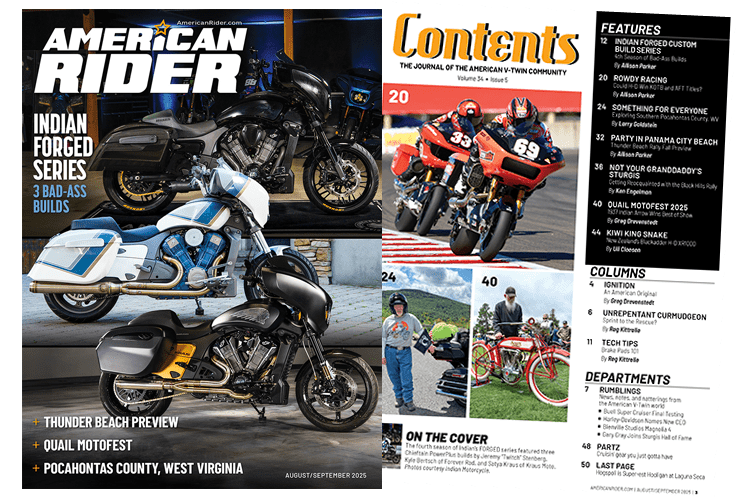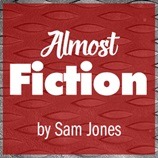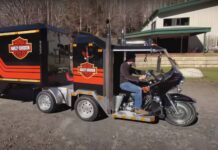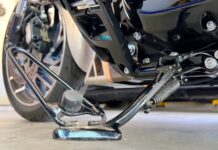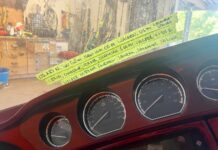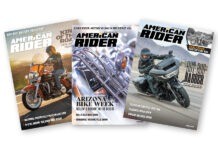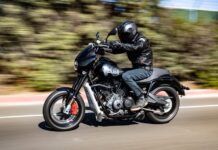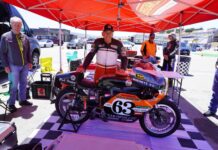 In his office was a large six-foot bulletin board covering most of the wall. The left half contained small bits of paper and cocktail napkins remembering notes of ideas to be used in a column or a short story or a novel or a poem. There were quotes from his favorite writers and dialog from great screenplays. Fragments of dreams, business cards of businesses that had been out of business for years, more than one hand-drawn map of a place he didn’t remember, the detailed specifications for a teardrop trailer he was once hot to buy, out-of-date coupons for a free dinner with the purchase of one, phone numbers without names, a notice from a dead lawyer, the name of a bookie who was in jail, the number for a plumber who had moved back to Mexico and the names of people he was supposed to remember all co-mingled together in a useless mishmash.
In his office was a large six-foot bulletin board covering most of the wall. The left half contained small bits of paper and cocktail napkins remembering notes of ideas to be used in a column or a short story or a novel or a poem. There were quotes from his favorite writers and dialog from great screenplays. Fragments of dreams, business cards of businesses that had been out of business for years, more than one hand-drawn map of a place he didn’t remember, the detailed specifications for a teardrop trailer he was once hot to buy, out-of-date coupons for a free dinner with the purchase of one, phone numbers without names, a notice from a dead lawyer, the name of a bookie who was in jail, the number for a plumber who had moved back to Mexico and the names of people he was supposed to remember all co-mingled together in a useless mishmash.
Digging into the bowels of this confetti he found a summons to take his Army draft physical dated 1968. Written at the bottom, in Spanish, was a sentence about the Vietnam War. He wondered how far back the memos went and why he had kept them.
Glowering at the board nailed to the wall, it occurred to him that the left side of the board was much the same as the left side of his brain. Important communications and information mixing with trivial minutia made finding anything, if not impossible, at least incredibly difficult. He thought he detected a smile as it stared back at him.
The right side of the bulletin board was a large map of the United States, the lower part of Canada and the northern reaches of Mexico. It was stabbed, speared and penetrated with different-colored push pins, signifying trips he was going to take, trips he had taken, people he wanted to see along the way and, because he travelled exclusively by motorcycle, upcoming motorcycle rallies, great motorcycle roads, motorcycle museums and motorcycle campgrounds were also marked.
The bulletin board was a good idea but the port side had too many irrelevant bits of paper to find anything, and because the forest of unrelated pins on the starboard side was unlabeled the map was full of meaningless pins and pin holes.
Unable to make sense of the haphazard rainbow blizzard of colored pins it needed an organized sensible system, collated groupings of red and blue and yellow pins that meant college drinking buddies, motorcycle events and old girlfriends. But that was a project for “someday.”
“Someday’s” complete overhaul was too gigantic a task not to be undertaken lightly but maybe a quick appraisal might be in order. Sliding the desk chair up close enough to reach a few bits of paper he decided to read and dilute the morass.
The first one was memory of a dream that he thought he should never forget. He forgot what it meant. The second was an idea about a poem concerning a road he had ridden many times. He had not written the poem. On the third piece of paper was just the name Mary Ellen, a past lady friend. No other information needed. She came easily to mind. She was a woman whose remarkable figure was full in the right places and narrow in others, a woman whose visual enhancements were never to be forgotten. From junior high school to college she had been a woman among girls. Always one to live in the extremes, he surmised, her classic hourglass would either still be picture-perfect or she’d eaten herself into an unqualified 300-pound circle. The odds were 50/50.
On a small shelf a digital clock blinked 10:47. He watched it blink until it blinked 10:51 when he put Mary Ellen aside. Tiring of cleaning and examining the bulletin board’s flotsam and jetsam, he slid over to the map side.
What did the red pins mean? And what did the blue ones signify? Who knows? Maybe he could organize it a bit. He looked closer. There was a pin stuck in Reno, Nevada. Oh, yes, he knew an old frat brother in Reno. He took the red pin out and replaced it with a white one. Coos Bay, Oregon, was his old desert racing buddy. It got another white pin. Sturgis, Laconia, Laughlin, Ruidoso and Daytona were obvious. He pulled those pins. Orem, Utah, was his brother who had come for a visit after recovering from a heart bypass operation.
Feeling his own mortality his brother was smart enough to know he might not get many more chances to see long-lost friends and not wanting to wait and say, “We have to get together more often,” at weddings and funerals, he hit the road and saw everyone.
Pulling and identifying two more pins he smiled. Marsha and Gail were also lady friends from the past that gave him pause. Several other pins got a frown and a moment’s remembrance. They were people that were riding motorcycles in heaven. He had waited too long to see them.
Back to the left side of the bulletin board he picked a few more pieces of paper and read them out loud. One was a John Wayne quote he has heard many times, an old Ronald Coleman piece of dialog and a third was a Hemingway quote about an old cherished shotgun. It was from “Under Kilimanjaro:”
“I had the old, well-loved, once burnt up, three times restocked, worn smooth old Winchester Model 12 pump gun that was faster than a snake and was, from thirty-five years of us being together, almost as close a friend and companion with secrets shared and triumphs and disasters not revealed as the other friend a man has all his life.”
Is this not how he felt about the motorcycle he owns and rides today?
His brother had a damned good idea and came to the right decision about contacting old comrades. He would follow in his brother’s footsteps, and why not, he had a motorcycle that was a good friend that wanted to go with him.
Leaving the project of organizing the bulletin board as it was he made the computer connect with one of those internet companies that finds people. In addition to reminiscences in Coos Bay about old desert races and cocktails in Reno with frat brothers, Mary Ellen, Marsha and Gail would also be the focus of his next trip.

